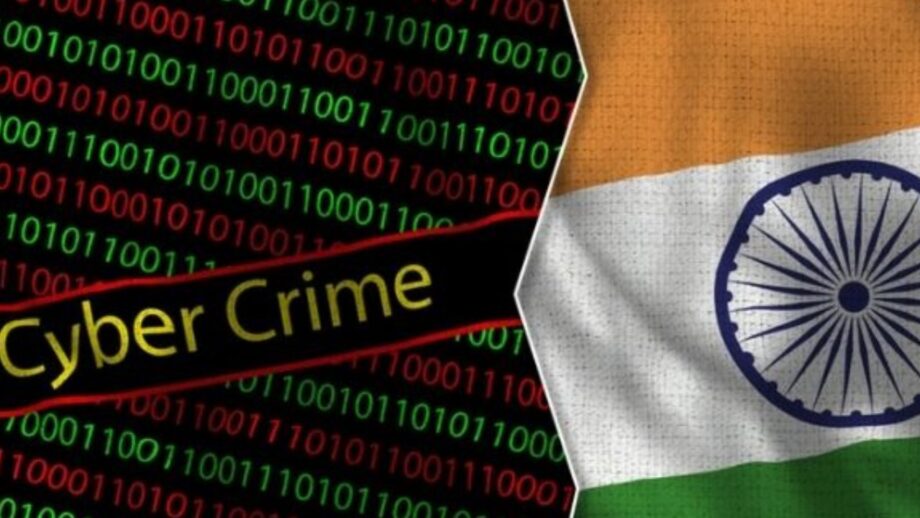Cybercrime refers to criminal activities that are committed using the internet or other forms of digital communication technology. In India, the number of cyber crimes has been increasing rapidly in recent years, and the country has seen a range of different types of cyber crimes, including hacking, phishing, identity theft, and online fraud. The purpose is to create awareness of some of the most common types of cyber crimes that occur in India, and how individuals and organizations can prevent them.
Hacking:
Hacking refers to the unauthorized access or manipulation of computer systems, networks, or devices. Hackers may use a range of techniques, including exploiting vulnerabilities in software, using malware or other malicious software, or using social engineering tactics to trick individuals into revealing their login credentials. In India, hacking is a serious crime, and individuals who are caught hacking can face severe penalties, including imprisonment and fines.
Phishing:
Phishing is also a type of cybercrime in which hackers send fake emails or texts that appear to be from legitimate organizations, in an attempt to cleverly trick individuals into revealing sensitive information such as login credentials, bank account details, or credit card numbers. In India, phishing attacks are often targeted at individuals, but they can also be directed at organizations.
Identity theft:
When an individual’s personal information, such as their name, address, or social security number, is stolen and used to commit fraud or other crimes, it is considered identity theft. In India, identity theft is a growing problem, and individuals who are victims of identity theft may face significant financial and personal consequences. To protect against identity theft, it is important to use strong, unique passwords for all accounts, and to be cautious when sharing personal information online.
Online fraud:
Online fraud refers to any type of fraudulent activity that is committed using the internet or other forms of digital communication technology. In India, common types of online fraud include credit card fraud, investment scams, and auction fraud. To protect against online fraud, it is important to be cautious when making online purchases or investments and to only do business with reputable websites and organizations.
Cyberstalking:
Cyberstalking is the use of the internet or other digital communication technologies to harass, threaten, or intimidate another person. In India, cyberstalking is a serious crime, and individuals who are found guilty of cyberstalking can face severe penalties, including imprisonment and fines. To protect against cyberstalking, it is important to be cautious when sharing personal information online, and to use privacy settings to control who can see your online activity.
Overall, it is important for individuals and organizations to be aware of the risks of cybercrime, and to take steps to protect themselves against these crimes. This can include using strong, unique passwords, being cautious when sharing personal information online, and using security software to protect against malware and other forms of cyber attack. By taking these precautions, individuals and organizations can help to reduce their risk of becoming victims of cybercrime in India.
Source: Legalservice India, Vidhikarya


